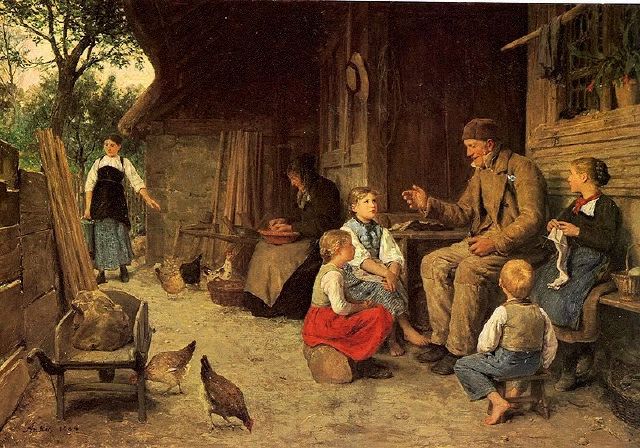I tried to step back to see what question my “soul” would ask. “How can I merge with You? I’m not sure if that’s the best way to put it, Lord: be at one with You, at rest with You, at one with Your will?”
The question is adequately formulated. The goal—one way to describe the goal—is to be at one with God, the God of All. At bottom, the Soul’s will is the will of God. The Soul is at one with God.
It is not that you and I are literally the same substance, the same particular. It is that we are “at one,” in perfect harmony, and not accidentally so. It is in the nature of what the Soul is, that it is at one with God. Remember that these metaphysical (philosophical) categories are crude and inadequate in the first place.
Back to your question: how can you become at one with God? Of course, the answer is that you already are—your Soul, that is. The task is to come to realize that this is so, to realize it not merely in theory, but in intuitive, felt understanding, in your emotions and feelings, and in practice.
“That’s the goal, Lord? It sounds simple. The one-ness is already inside. All we have to do is to bring our conscious selves along.”
That is right. It is the simplest thing in the world. And everyone, at some level and at some moments, knows it, at least glimpses it. But it is very difficult to actualize in practice. The empirical world—the world of desires and the senses—seems so real and is so powerful that is extremely difficult to redirect one’s energy.
And the empirical world is real, in its own way. The world is not an illusion, a mirage. If it is a mirage, it is one from which you can drink water. No, you must respect the empirical world while at the same time emancipating yourself from it, not letting yourself be identical with your interests in this world.
So the world of our experience (and desire) is quite real—it is the arena in which we live our lives and loves, joys and sorrows. In spite of that, we should not let ourselves be ensnared by it.









